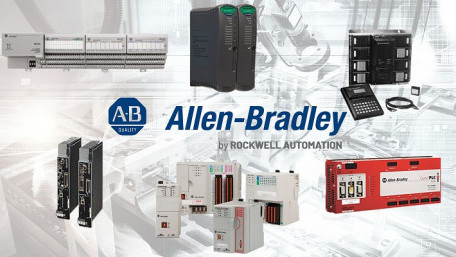
Rockwell Automation’s Allen-Bradley control hardware catalog has long included many series that start with 17xx, but what are these lineups, and what function…
Rockwell Automation’s Allen-Bradley control hardware catalog has long included many series that start with 17xx, but what are these lineups, and what function do they serve?
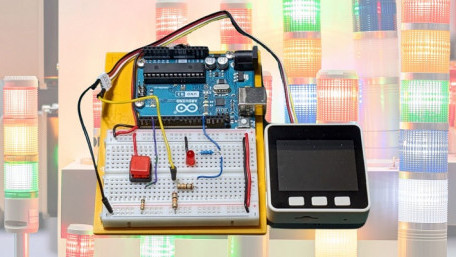
A flasher can easily be implemented using interlocking timers in a PLC environment on an Arduino Uno using OpenPLC,…
A flasher can easily be implemented using interlocking timers in a PLC environment on an Arduino Uno using OpenPLC, UiFlow Blockly Code, and a programmable HMI-based LCD unit.
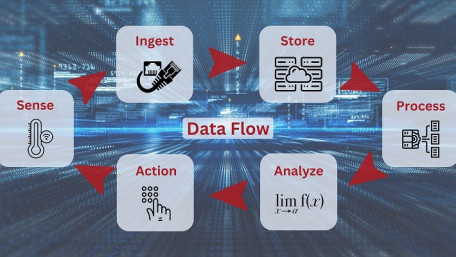
In this article, we will explore the inbound integration to the mage.ai pipeline, connecting to the spreadsheet data…
In this article, we will explore the inbound integration to the mage.ai pipeline, connecting to the spreadsheet data source using the Google Sheets API through a JSON credentials file.

When inputs or outputs stop working, the equipment fails to respond and money starts slipping away. Dive into the concept…
When inputs or outputs stop working, the equipment fails to respond and money starts slipping away. Dive into the concept of troubleshooting I/O without ever opening the PLC software.
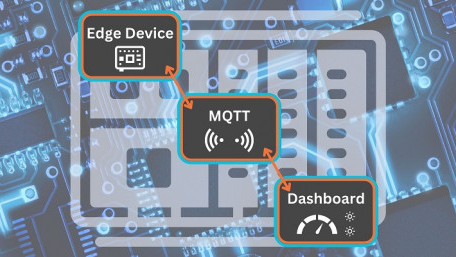
Learn to develop an actual IoT solution end to end. Create a Mosquitto MQTT broker for the Raspberry Pi client in order…
Learn to develop an actual IoT solution end to end. Create a Mosquitto MQTT broker for the Raspberry Pi client in order to connect and publish Sense HAT sensor data.

Learn to develop an actual IoT solution end to end. This second article explains configuration files, testing the edge…
Learn to develop an actual IoT solution end to end. This second article explains configuration files, testing the edge device publisher script, and viewing the payload using a sandbox subscriber script.

Learn to develop an actual IoT solution end to end, from the initial data collection to web-based visualization and…
Learn to develop an actual IoT solution end to end, from the initial data collection to web-based visualization and analytics. This first article in the series will explore the setup of the edge device.
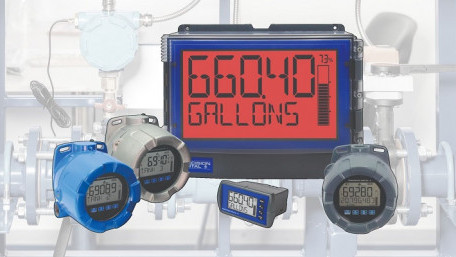
Have you ever needed to know the temperature, pressure, flow, or other measurement on location, but the readout is way…
Have you ever needed to know the temperature, pressure, flow, or other measurement on location, but the readout is way off in the control room? Here’s an easy way to add a readout in the field.
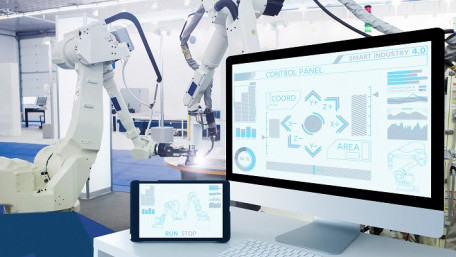
Taking web-based HMI design from a simulated project to the real-world environment. Part 1 introduces tag instances and…
Taking web-based HMI design from a simulated project to the real-world environment. Part 1 introduces tag instances and attributes.
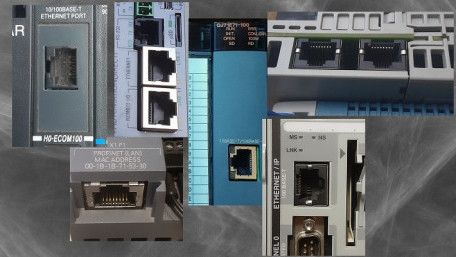
Some controllers and network devices have one port, while others have two. Why is there a difference, and what advantages…
Some controllers and network devices have one port, while others have two. Why is there a difference, and what advantages does having two network ports actually provide?
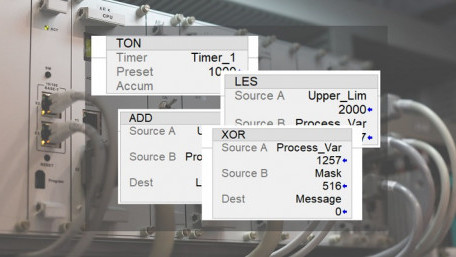
Function block diagram (FBD) programming is a common language for PLCs following the IEC 61131 standard. What is FBD, and…
Function block diagram (FBD) programming is a common language for PLCs following the IEC 61131 standard. What is FBD, and how does it differ from the familiar ladder logic programs?
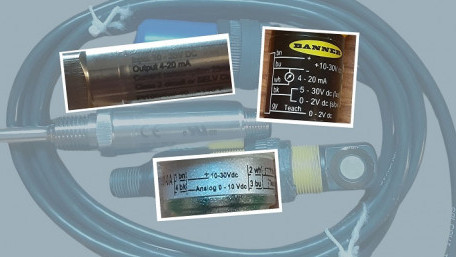
Analog voltage and current are the dominating standards for industrial technology. Is one format better than the other?…
Analog voltage and current are the dominating standards for industrial technology. Is one format better than the other? And if so, why do both signal types still exist in modern systems?
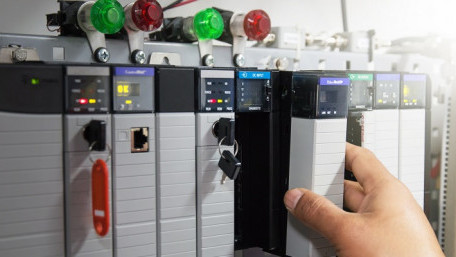
Programmable Logic Controllers (PLCs) are designed as an endlessly-looping program, examining all lines of code as…
Programmable Logic Controllers (PLCs) are designed as an endlessly-looping program, examining all lines of code as rapidly as possible. Following are a few critical tips for when programmers only need to run a series of single operations at startup.
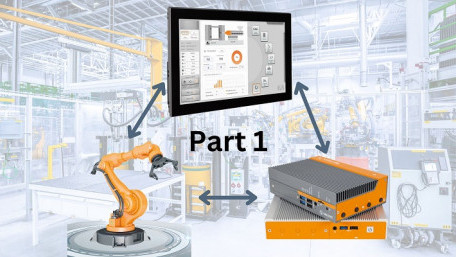
A walkthrough and discussion of a simple web-based HMI solution that could modernize your current HMI technology stack.…
A walkthrough and discussion of a simple web-based HMI solution that could modernize your current HMI technology stack. The first step in the process involves sending data from a device to a server.
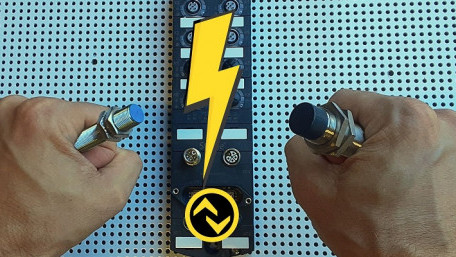
Control.com’s Director of Engineering got to explore IO-Link sensors and what he found might surprise you! Although…
Control.com’s Director of Engineering got to explore IO-Link sensors and what he found might surprise you! Although still considered an “emerging” technology, it’s clear IO-Link technology boasts several bonafide benefits over traditional sensors.
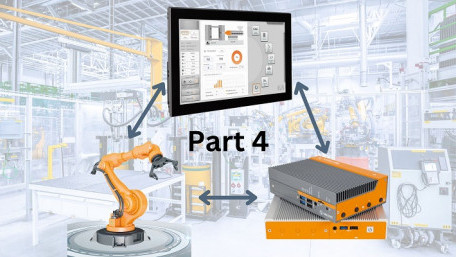
Refining and integrating a front-end HMI application to an API middle layer with real-time data display and historian…
Refining and integrating a front-end HMI application to an API middle layer with real-time data display and historian capabilities for short-term data visualization.
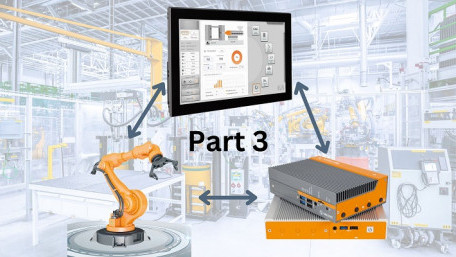
Learn the first steps in focusing on the integration of a front-end HMI application to an API middle layer.
Learn the first steps in focusing on the integration of a front-end HMI application to an API middle layer.
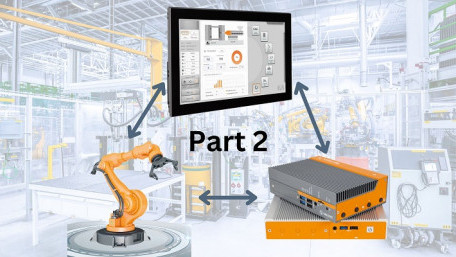
The middle layer, or API layer of a custom-built HMI project involves a server that can submit or receive data to and…
The middle layer, or API layer of a custom-built HMI project involves a server that can submit or receive data to and from a device, either to provide the user interface or interact with the machine.
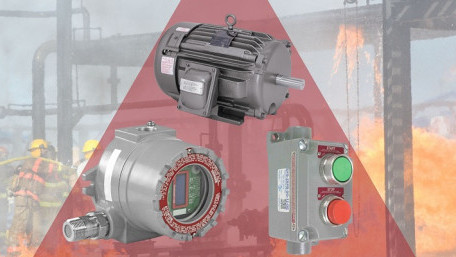
Some workplaces are more dangerous than others, not because of the practices, but rather the products. Where do…
Some workplaces are more dangerous than others, not because of the practices, but rather the products. Where do explosions occur, and what practices exist to reduce such risk for equipment and workforce?
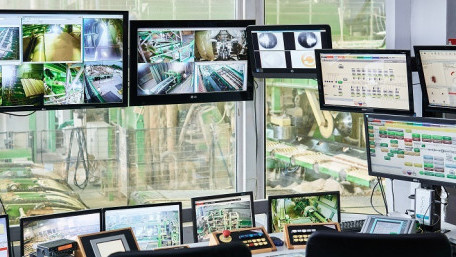
What are these terms, PLC, PAC, RTU, DCS, SCADA? Why are they so important to industrial robotics and automation? Explore…
What are these terms, PLC, PAC, RTU, DCS, SCADA? Why are they so important to industrial robotics and automation? Explore how each different piece functions to build a comprehensive automated system.
